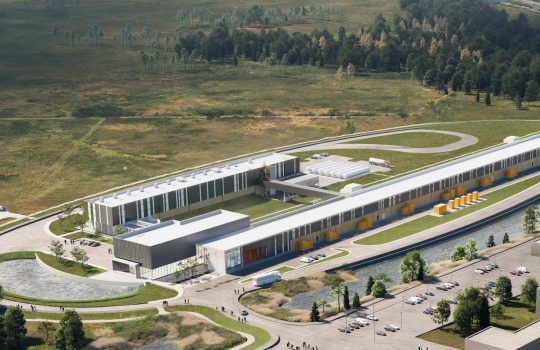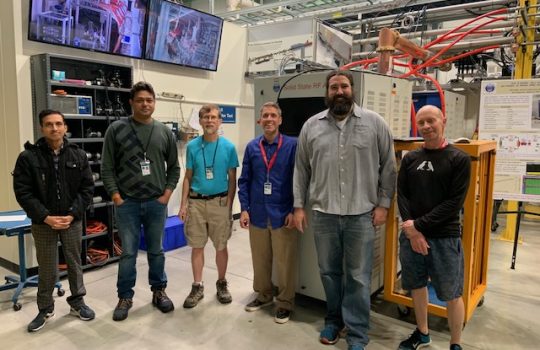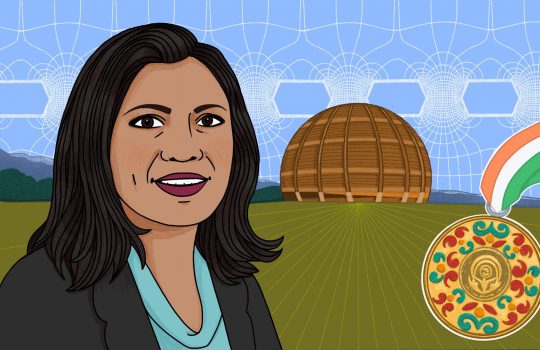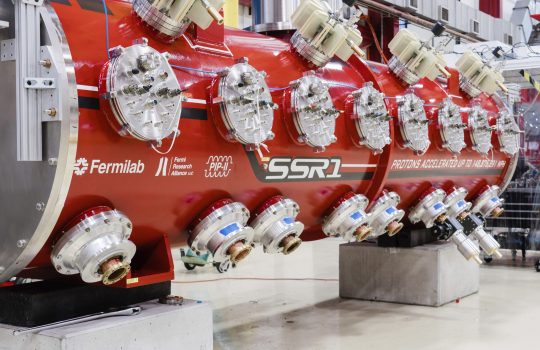India formally begins construction phase for contributions to Fermilab’s new particle accelerator
India’s Department of Atomic Energy is making a $140 million in-kind contribution to the PIP-II accelerator under construction at Fermilab. Indian institutions will provide a number of technical components for the new machine. The collaboration provides Indian scientists the training, technical insight and know-how for the development of their domestic particle accelerator program.








